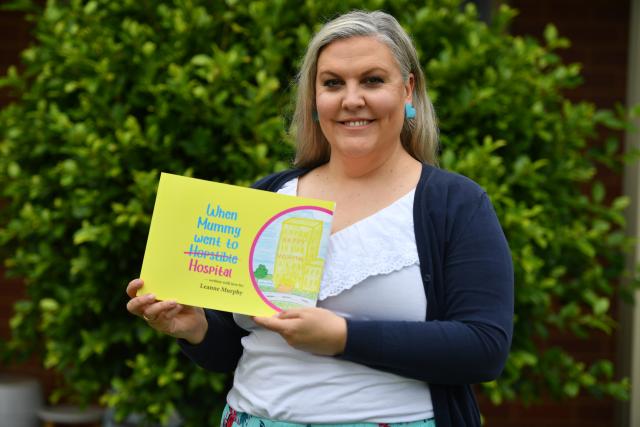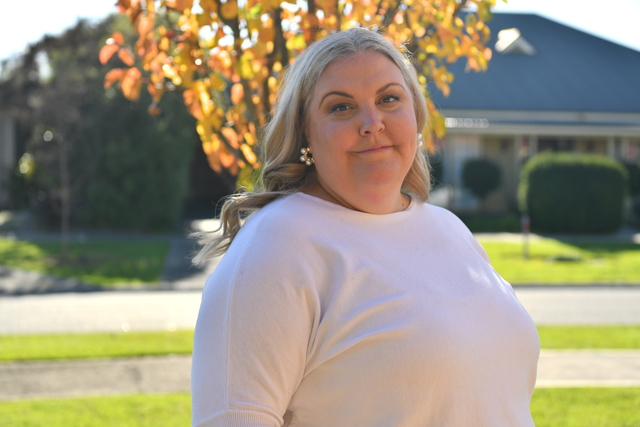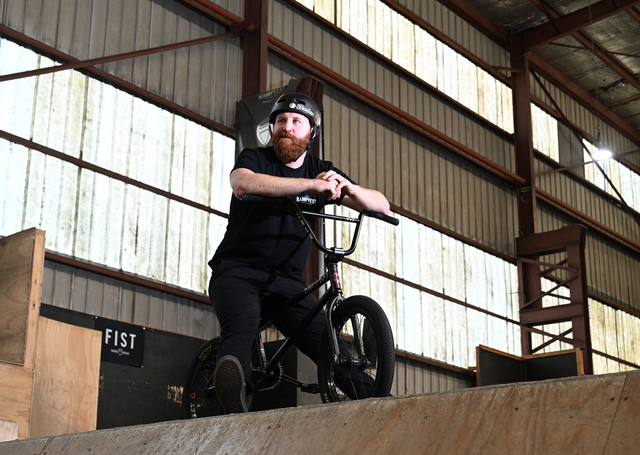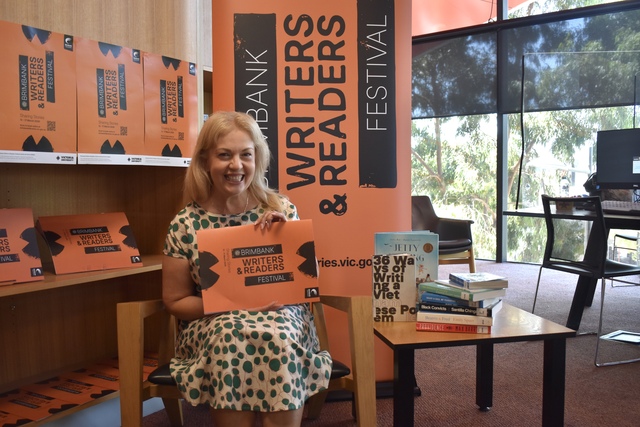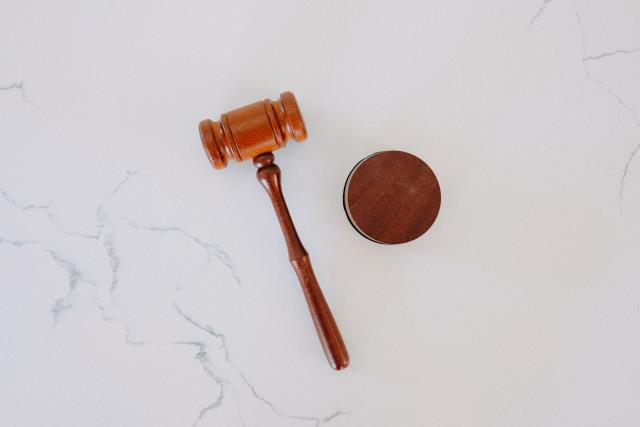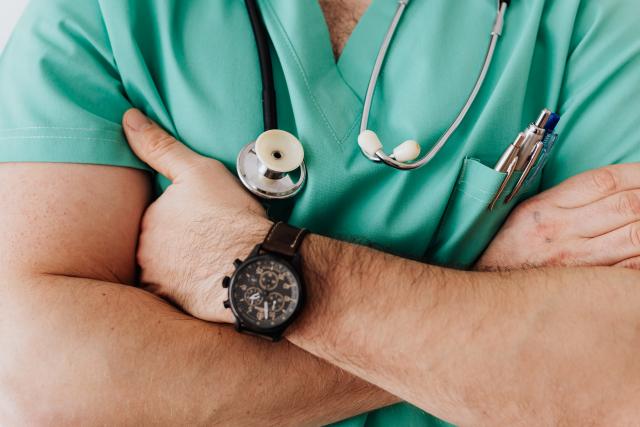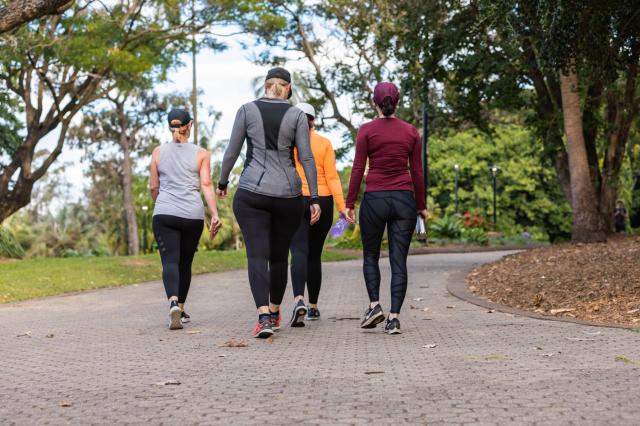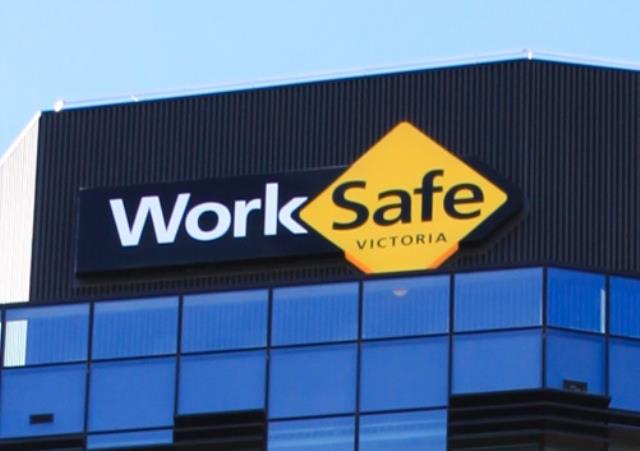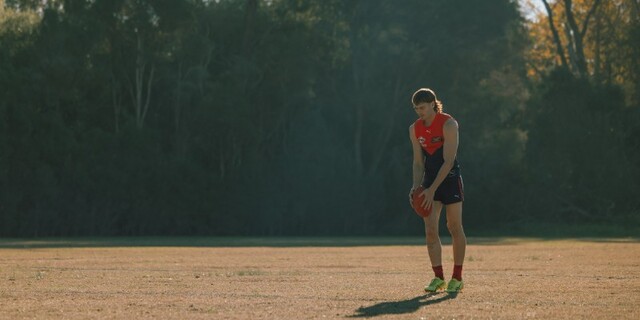Thirteen years ago, Leanne Murphy’s life was irrevocably changed by a traumatic birth experience that left her battling with severe physical, emotional, and financial challenges.
Leanne’s ordeal began with the birth of her daughter, Molly, her second child. Despite having had a positive experience with her first child, her expectations for a similar outcome were shattered.
“I was in hospital for 12 hours. I was in the right place at the right time. There was no doctor and no midwife in the room when my daughter was born. It got really scary and I was anxious, and we ended up having to push the emergency button. It was a fear response. I knew that something was wrong, my husband and I were in the room together, no doctor, no midwife … I was calling for help but no one was coming,” Leanne recalls.
Leanne said her daughter Molly entered the world amidst chaos.
“My husband banged on the emergency button, and to be honest, Molly was coming whether there was anyone there or not. She tore me all the way through in her entry to the world … she basically burst out of me and skidded across the bed on the amniotic fluid and my husband caught her. She was actually on my chest before anyone came into the room,” she said.
The delay in medical response was just the beginning of a series of traumatic events. During the childbirth, Leanne suffered a fourth-degree tear, leading to severe complications. Despite being in the hospital for five days, Leanne said she was discharged without the necessary surgical repair.
“I had poo falling out of me, and post-baby bleeding coming out of an orifice that is now a gaping wound,” she said.
“Why wasn’t I sent to the general anaesthetic repair like I was told? Immediately, or within six hours, or 12 hours, or the next day, or the next day. After five days I’m actually discharged without the repair done.”
Despite being well-prepared for childbirth through classes and research, nothing had prepared her for the aftermath of a severe tear.
“Nothing was ever said about the impact of having a fourth-degree tear and what to look out for … there’s no literacy on that, I didn’t know what to ask,” she said.
“How do you ask a question when you don’t know what the question is? How do you know what to ask? I didn’t know what to ask.
“People are like, ‘We don’t want to scare mums before they have their kids’, ‘You can’t share your story Leanne because you’ll put mums off having kids,’ – well that’s absolutely not fair. You need to have the information so that you can go into the experience well-armed, and well-equipped, so that when – or if – something does go wrong, you’ve got a plan.”
Once she was discharged, Leanne said the struggle to find a surgeon willing to repair the damage added to her torment.
During this period, Leanne was confined to her home, unable to perform basic tasks or care for her children. Leanne’s experience of isolation and helplessness was only further compounded by financial strain.
“I was 34-years-old and I couldn’t leave the house. I couldn’t take my kids for a walk, go shopping, or meet friends. I did have a mother’s group and that was at my house. I said to them, ‘If you don’t come to my house I can’t go’.”
With her husband off work to care for her and their children, and her own maternity leave running out, Leanne said her family faced economic hardship, forcing them to sell their house and move to a more affordable area, losing their support network in the process.
Despite these overwhelming difficulties, Leanne found a way to turn her pain into purpose. She retrained as a counsellor, specialising in birth trauma healing.
“The whole take away from this was that there was actually no help, I fell through the gaps,” she said.
“In 10 years, I thought the statistics would improve, but there are still 30,000 birth trauma mums a year.
“I’m really proud of what I’ve been able to overcome. I’m reclaiming, and I’m offering a space that wasn’t there for me, and needs to be there for everybody.”
In 2021, Leanne published a book, Mummy went to hospital, to help her children understand her many hospital visits as she underwent surgeries to repair the damage.
Reflecting on her journey, Leanne remains resilient and hopeful.
“I’m really proud of who I am and who my family has become on the back of this trauma. We have been pushed to the worst parts of life and had to survive,” she said,
“When the worst happens, there is support there. You have to advocate for yourself, but you have to look for support. It’s hard to find the support but it is there. I strongly recommend that people reach out for support, whether that’s for their physical injuries or emotional support.”

